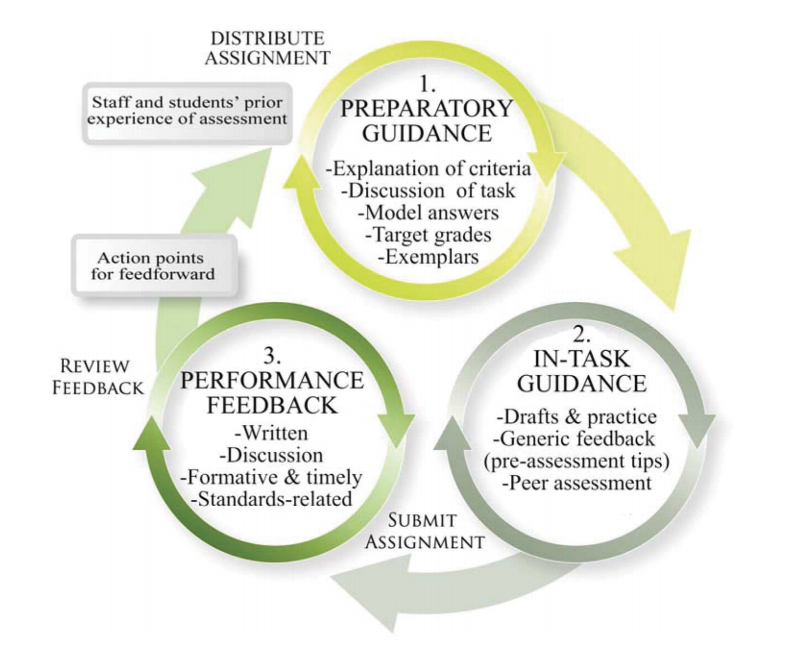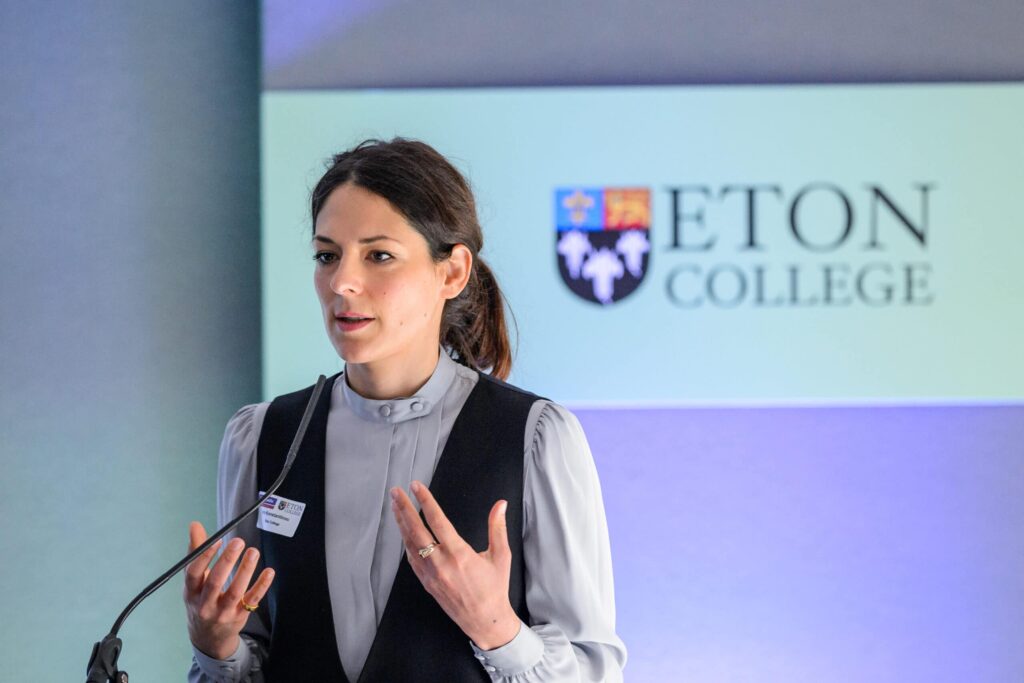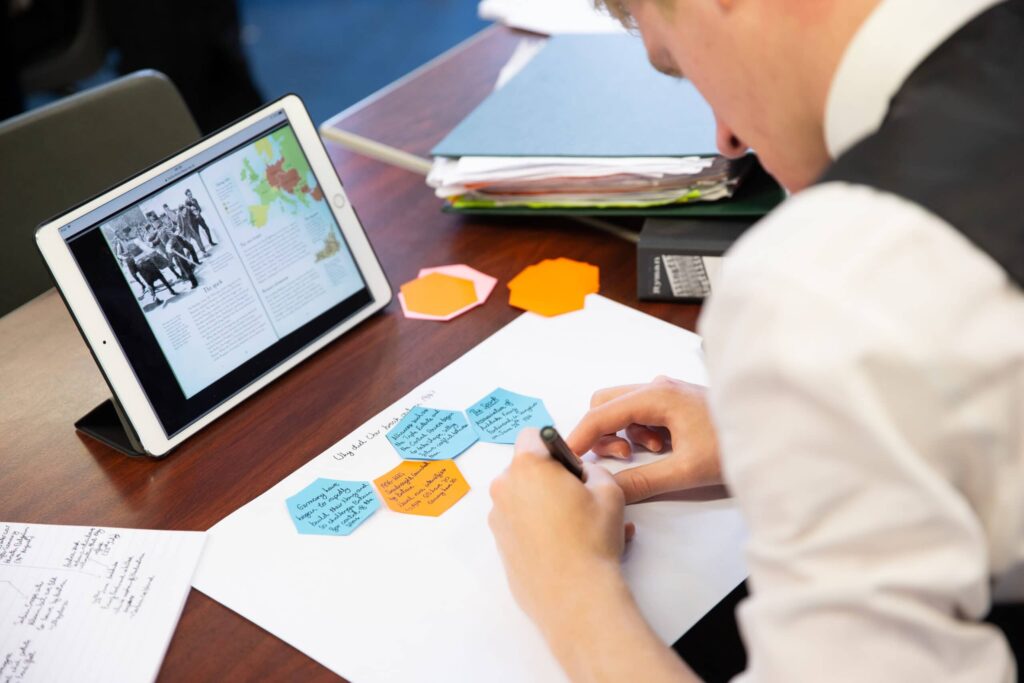In a series of posts on feedback we will explore the different approaches to what effective feedback might look like. This post will give some ideas around feedback as a dialogic process.
Beaumont et al. (2011) identified two themes which constituted important elements for students to view feedback as constructive: a system of guidance which gave reassurance and a system of student-teacher dialogue (written or verbal). Feedback in this sense is viewed neither as an isolated event, nor a summative judgement of performance, but as a series of opportunities for a discussion which identifies areas of improvement and scaffolds the student to help achieve higher grades. A number of researchers have made the case for a dialogical context for written feedback which is:
- Understandable: expressed in a language that students will understand
- Selective: commenting in reasonable detail on two or three things that the student can do something about
- Specific: pointing to instances in the student’s submission where the feedback applies
- Timely: provided in time to improve the next assignment
- Contextualised: framed with reference to the learning outcomes and/or assessment criteria
- Non-judgemental: descriptive rather than evaluative, focused on learning goals not just performance goals
- Balanced: pointing out the positive as well as areas in need of improvement
- Forward looking: suggesting how students might improve subsequent assignments
- Transferable: focused on processes, skills and self-regulatory processes not just on knowledge content
- Personal: referring to what is already known about the student and her or his previous work
From these guidelines Beaumont et al. have devised a dialogic feedback cycle model:

Beaumont et al. (2011) Reconceptualising assessment feedback: a key to improving student learning?. https://www.tandfonline.com/doi/pdf/10.1080/03075071003731135?needAccess=true
Nottingham Trent University (2013) Feedback as a dialogic process. https://www4.ntu.ac.uk/adq/document_uploads/assessment_awards/137922.pdf




